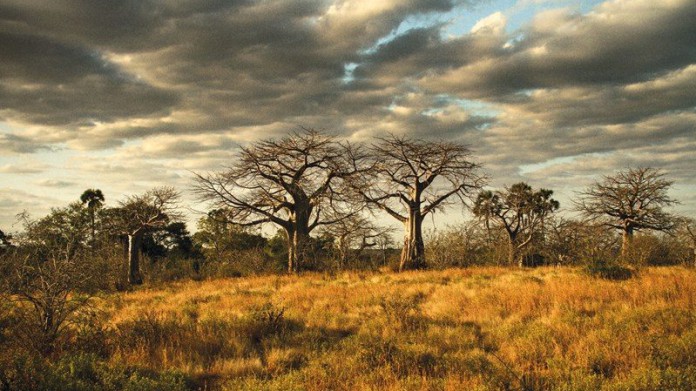
EMBATTLED gold miner, Acacia Mining, said it would sell its remaining shares in the Nyanzaga project to partner, OreCorp, for a total amount of $10m, including a recent earn-in by OreCorp to 51%, and retain a net smelter production royalty capped at $15m.
The transaction represented a mote of positive news for Acacia – along with its previously published operational results for the half-year ended June in which it registered the upper end of gold production guidance and generated free cash flow – amid a legion of complex legal and tax struggles with the Government of Tanzania (GoT).
RBC Capital Markets said that the firm’s numbers were a sideshow as it was “… still very much beholden to the outcome of negotiations between GoT and Barrick”.
Commenting in the group’s first half numbers today, interim CEO, Peter Geleta, said the firm had signed a binding conditional agreement to sell its remaining shares in Nyanzaga which would benefit from a simplified ownership structure. The deal is conditional on a number of GoT approvals including the approval of a Special Mining Licence.
Nothing can be taken for granted in Tanzania given the fraught conditions under which Acacia has been operating since at least April last year when its concentrate exports from the Buzwagi and Bulyanhulu mine were halted by authorities. The GoT subsequently contended that Acacia owed it tens of billions of dollars in unpaid tax, penalties and interest – a claim the company disputed.
Acacia subsequently placed Bulyanhulu on care and maintenance, installed a holding pattern on Buzwagi – which is nearing the end of its mine life – and continued operating at North Mara which produces doré and was therefore exempt from the gold-in-concentrate blockade put on the firm’s other production. During this period, cash on hand dwindled to dangerously low levels and shares in the company sank heavily.
Then CEO, Brad Gordon, and his CFO, quit the company to be replaced by Geleta. Since then, discussions have been undertaken with the GoT by Barrick Gold, Acacia’s principal shareholder. Acacia has not been permitted to attend the talks, but it continues to keep in touch with Barrick in order the discussions remain “informed”.
Geleta said there was virtually no fresh news on the nature of discussions with the GoT, although the company was attempting to get clarity on potential timelines after Barrick Gold said it could give none. An approach by potential Chinese investors for the company’s assets was similarly in limbo whilst the outcome of talks with the GoT was uncertain.
Meanwhile, the company is contending with other regulatory and fiscal complications delivered by dint of legislation changes in Tanzania. One is that the company is not entitled to claim for VAT as its production from July 2017 even though stability clauses in its Mineral Development Agreement (MDA) protects it from such changes. The company is also seeking some $172.5m in indirect tax receivables, an increase from $170.7m in receivables as of December 31. The company was also working with the GoT to understand new local content regulations that came into force in April.
“Acacia is … continuing to take steps to ensure the long-term viability of our business whilst we work towards a comprehensive resolution of our disputes with the Government of Tanzania,” said Geleta in notes regarding the firm’s outlook.
Acacia was on track to achieve the top-end of gold production guidance, put at 435,000 to 475,000 oz for the 2018 financial year. All gold will be produced in doré form and therefore would not be impacted by the ban on concentrate exports. On the cost side, all-in sustaining costs were expected to come in between $935 and $985/oz. Full year capital expenditure was expected to be about $100m, he said.
“With uncertainty in Tanzania high and no visibility on when or what type of outcome there may be we reiterate our Sector Perform,” said RBC Capital Markets according a ‘Speculative Risk’ rating to the company’s shares. Shares in Acacia were down nearly 3% in London at midday. The stock has shed nearly 60% on a 12-month basis.








